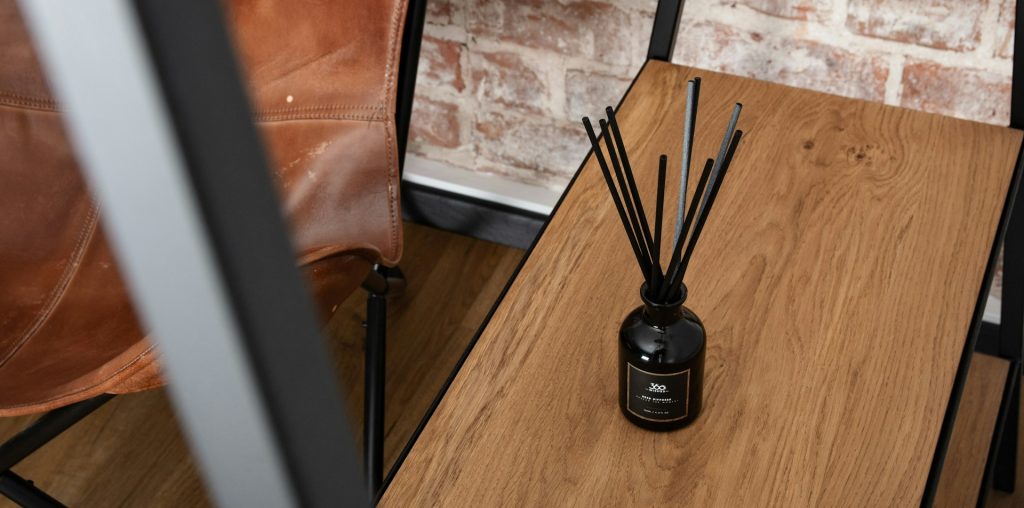In the competitive world of small business, creating a memorable customer experience is key to standing out. One innovative strategy that has gained traction is scent marketing. By incorporating carefully chosen fragrances into their environments, small businesses can evoke emotions, create lasting memories, and even influence purchasing behavior. This article explores how small businesses are using scent marketing to enhance customer experience, the strategies they employ, and the research-backed benefits of this sensory approach.
The Power of Scent in Marketing
Scent is one of the most powerful senses, with a direct connection to memory and emotion. Studies have shown that people are 100 times more likely to remember something they smell compared to something they see, hear, or touch. This makes scent a potent tool for businesses aiming to create a lasting impression.
A study by the Journal of Consumer Research found that ambient scent can increase the intent to purchase by up to 80%. Furthermore, a report by the Sense of Smell Institute states that 75% of the emotions we generate on a daily basis are influenced by smell. These statistics highlight the significant impact scent can have on consumer behavior and the overall customer experience.
Creating a Signature Scent
One of the most effective strategies in scent marketing is the creation of a signature scent. A signature scent is a unique fragrance that becomes synonymous with a brand. This can be particularly powerful for small businesses looking to build a distinct identity.
For example, a boutique hotel might use a custom blend of lavender and eucalyptus to create a calming atmosphere that guests associate with relaxation and comfort. Similarly, a high-end retail store might choose a luxurious fragrance like “Santal 33 dupe” to evoke sophistication and elegance.
Research conducted by the University of Paderborn in Germany found that a pleasant ambient scent can significantly enhance the shopping experience, leading to increased time spent in-store and higher sales. This demonstrates the potential for a signature scent to not only define a brand but also drive business results.
Enhancing the In-Store Experience
Scent marketing can also be used to enhance the in-store experience in various ways. For instance, different areas of a store can be infused with specific scents to create distinct atmospheres. A bookstore might use the scent of fresh coffee near its reading areas to encourage customers to linger, while a fitness studio could use invigorating citrus scents in its workout spaces to energize clients.
Moreover, scent can be used to create seasonal or thematic experiences. A small business could introduce a cinnamon and pine scent during the holiday season to evoke festive feelings, or a coastal fragrance during summer to transport customers to a beachside retreat. These subtle yet impactful touches can make the shopping experience more enjoyable and memorable.
Leveraging Technology for Scent Delivery
Advancements in technology have made it easier than ever for small businesses to incorporate scent marketing into their strategies. Scent diffusers, both standalone and integrated into HVAC systems, allow for precise control over fragrance distribution. Smart diffusers can be programmed to release scents at specific times or in response to certain triggers, ensuring a consistent and pleasant olfactory experience for customers.
For example, a café might program its diffuser to release a fresh-baked bread scent in the morning and a vanilla aroma in the afternoon, aligning with peak customer traffic times. These tailored scent experiences can create a welcoming atmosphere that encourages repeat visits.
The Science Behind Scent Marketing
The effectiveness of scent marketing is supported by a growing body of research. A study published in the International Journal of Marketing Studies found that ambient scent can positively influence mood, leading to a more favorable evaluation of the shopping environment. Another study by the Smell and Taste Treatment and Research Foundation in Chicago showed that pleasant scents can increase sales by 20%.
These findings underscore the psychological and physiological effects of scent, making it a valuable tool for small businesses aiming to enhance customer experience. By strategically incorporating fragrances into their environments, businesses can create a unique and memorable atmosphere that sets them apart from the competition.
What’s next?
In the quest to create exceptional customer experiences, small businesses are increasingly turning to scent marketing as a powerful tool. By harnessing the power of fragrance, they can evoke emotions, create lasting memories, and influence purchasing behavior. Whether through the creation of a signature scent, enhancing the in-store experience, leveraging technology, or relying on scientific research, the strategic use of scent can significantly enhance the customer experience and drive business success. As more small businesses discover the benefits of scent marketing, it is poised to become an integral part of the modern marketing toolkit.

